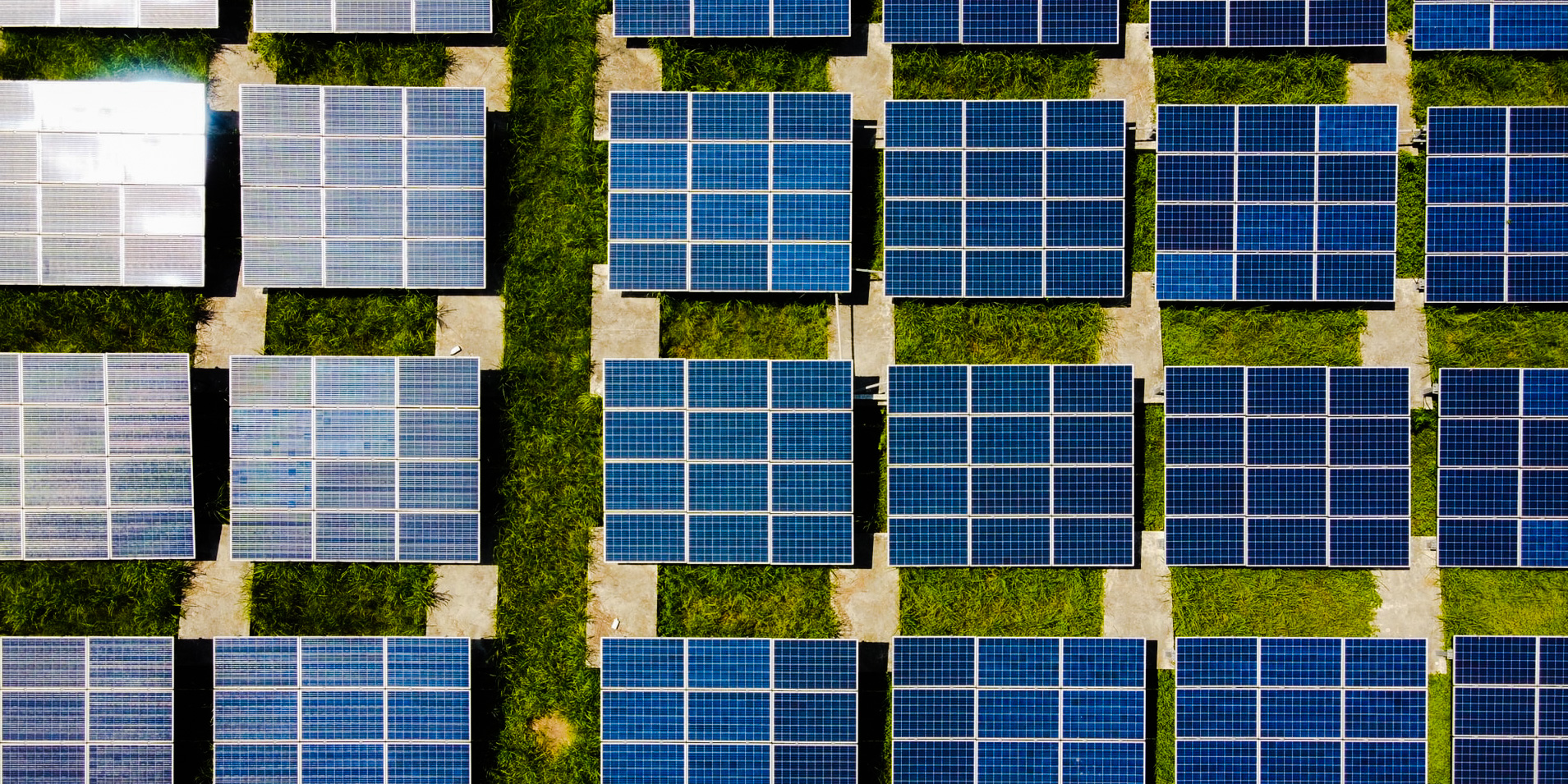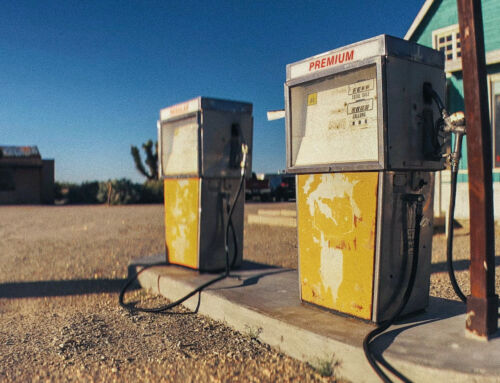View by Topic
Recent Articles
-
Congress Blocks California’s Gasoline Car BanSaturday, May 31st, 2025
-
EPA Will Keep Current Limits for “Forever Chemicals” in Drinking WaterSaturday, May 24th, 2025
-
Court Indefinitely Pauses SEC Climate Rule LitigationSaturday, May 17th, 2025
-
Maryland is About to Regulate Mold But is the Cart Before the HorseSaturday, May 10th, 2025
View by Month/Year
“Green Building Law Update” Headlines
Recent Articles & News from
Stuart Kaplow’s blog
at GreenBuildingLawUpdate.com
- Congress Blocks California’s Gasoline Car Ban: A Legal and Policy Analysis June 1, 2025
- EPA Will Keep Current Limits for “Forever Chemicals” in Drinking Water May 25, 2025
- Court Indefinitely Pauses SEC Climate Rule Litigation May 18, 2025
- Maryland is About to Regulate Mold: But is the Cart Before the Horse? May 11, 2025
Subscribe to the Green Building Law Update!
Stuart Kaplow brings his expertise and extensive experience to the table with his unique digital publication, "Green Building Law Update". Subscribers receive regular updates to keep them informed about important issues surrounding Environmental Law, Green Building & Real Estate Law, as well as the emerging demand for Environmental Social Governance (ESG).
Get fresh content through the lense of Stuart Kaplow's cutting-edge expertise, innovative commentary and insider perspective. Don't miss another issue! Subscribe below.

Uyghur Forced Labor Prevention Act to be Enforced June 21
Congress passed, and on December 23, 2021 President Biden signed into law, the Uyghur Forced Labor Prevention Act. The new law that will be enforced beginning June 21, 2022 has implications for imported cotton and tomatoes and most significantly for solar panels.
The Act, codified at 22 U.S.C. §6901, establishes a rebuttable presumption that any goods, wares, articles, and merchandise mined, produced, or manufactured wholly or in part in the Xinjiang Uyghur Autonomous Region of the People’s Republic of China, where the U.S. government says China is committing genocide against the Uyghur people, or produced by an entity on a list required by clause (i), (ii), (iv) or (v) of section 2(d)(2)(B) are prohibited under section 307 of the Tariff Act of 1930 are not entitled to entry at any of the ports of the U.S.
Those goods, wares, articles and merchandise include those mined, produced, or manufactured wholly or in part with forced labor by Uyghurs, Kazakhs, Kyrgyz, Tibetans, and members of other persecuted groups in the People’s Republic of China, and especially in the Xinjiang Uyghur Autonomous Region.
“Cotton, tomatoes, and polysilicon (a key raw material in the solar photovoltaic supply chain) are among the sectors identified as high priority for enforcement.”
The Act requires U.S. Customs and Border Protection to apply the rebuttable presumption unless the importer can overcome the presumption of forced labor by establishing, by clear and convincing evidence, that the good, ware, article, or merchandise was not mined, produced, or manufactured wholly or in part by forced labor. This elevated standard will require the importer to not only use due diligence in evaluation of its supply chain, but also to respond completely and substantively to CBP requests for information regarding entries it may review. In a webinar last week (.. admittedly before the later White House statement earlier this week, described below), CBP’s Elva Muneton said, “It’s important to know that the level of evidence that’s going to be required by the Uyghur act is very high.”
While solar panels are perceived by many as de rigueur in reducing carbon in U.S. energy production, there is no doubt, the global solar panel supply chain relies heavily on forced labor from China, but the U.S. solar industry has been all but silent failing to “address the gross violations of human rights in the Xinjiang Uyghur Autonomous Region.”
An authoritative report by a private German research firm providing solar industry market intelligence highlights China’s outsized role in the global solar power industrial complex. China has between 71% and 97% of the world’s capacity for various solar panel components, according to the recent market report. Xinjiang alone produces nearly half of the world’s solar grade polysilicon and is home to factories for some of the industry’s biggest players.
Concomitantly, the U.S. Commerce Department on March 28, 2022 launched an investigation, in response to a complaint from a California solar module manufacturer, to determine if solar companies are circumventing existing antidumping duties on China imposed by the Obama Administration, with tariffs of up to 250%. Rather than boost U.S. domestic solar panel manufacturing, the tariffs drove Chinese companies to move the vast majority of production (.. or shipping) to Southeast Asia. China may now make up a mere 1% of solar imports to the U.S. while Malaysia accounts for 31%, Vietnam 29%, Thailand 26% and Cambodia 6%. The Biden Administration extended the tariffs for 4 years on February 7, 2022. But, this past Monday, June 6, 2022, the Administration issued a declaration of emergency under the Tariff Act of 1930 (.. last used by the Trump Administration on imported personal protective equipment early in the Covid-19 pandemic), creating a moratorium tariffs on solar cells and modules from the four Southeast Asian nations for 2 years (also effectively making that waiver retroactive) and also invoked the Defense Production Act of 1950 to spur domestic solar panel and other clean energy technology manufacturing.
It is likely that both of these actions will face challenges in the federal courts. In an effort to buttress the actions, it can be anticipated that the Commerce Department will promulgate a regulation, without notice and comment, in a matter of days, possibly in advance of and touching on the Uyghur Forced Labor Prevention Act enforcement commencement on June 21 and almost certainly prior to the expected date of the preliminary determination in the circumvention investigation, August 29.
Of import, the Administration’s moratorium does not impact existing tariffs on imports of solar cells and modules from China, including such modules assembled in countries other than China using cells from China.
That observed, uncertainty remains despite that Chinese companies appear to have effectively dodged solar economic tariffs, including at least for 2 years into the future, but the White House statement was curiously silent on whether those Chinese companies will be able to evade the “very high” human rights bar of the Uyghur Forced Labor Prevention Act when enforcement begins on June 21.
Pendent to possible government action will also be the uncertainty that American businesses will install solar panels associated with forced labor from China in a moral equivalence with reduced carbon, risking their brand reputation in being linked to the gross violations of human rights in Xinjiang? We are positioned to assist your business in navigating these solar system issues.









